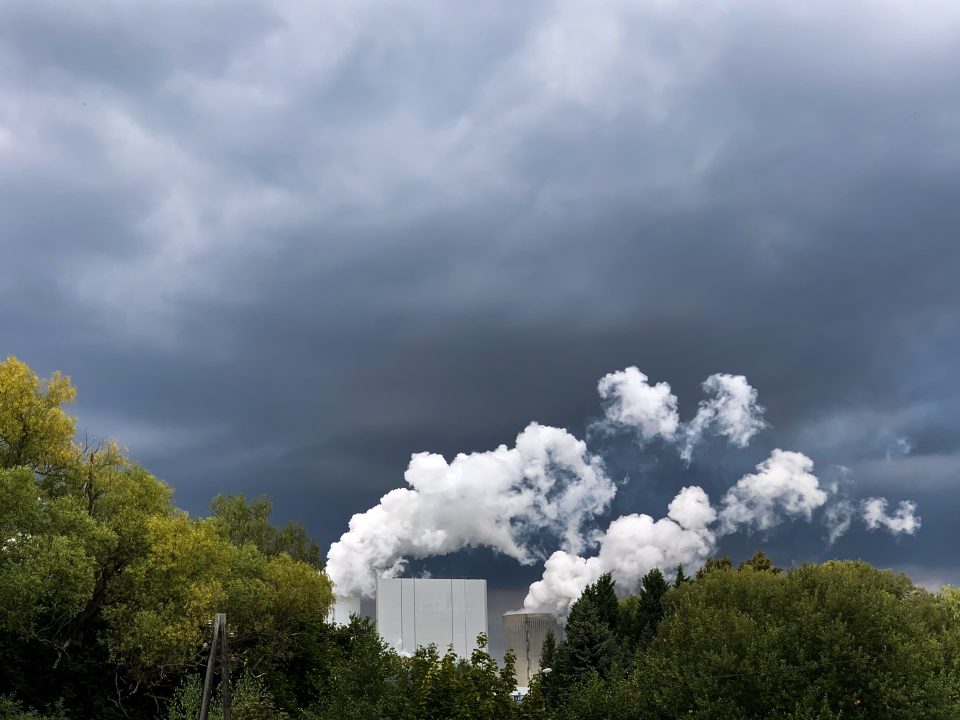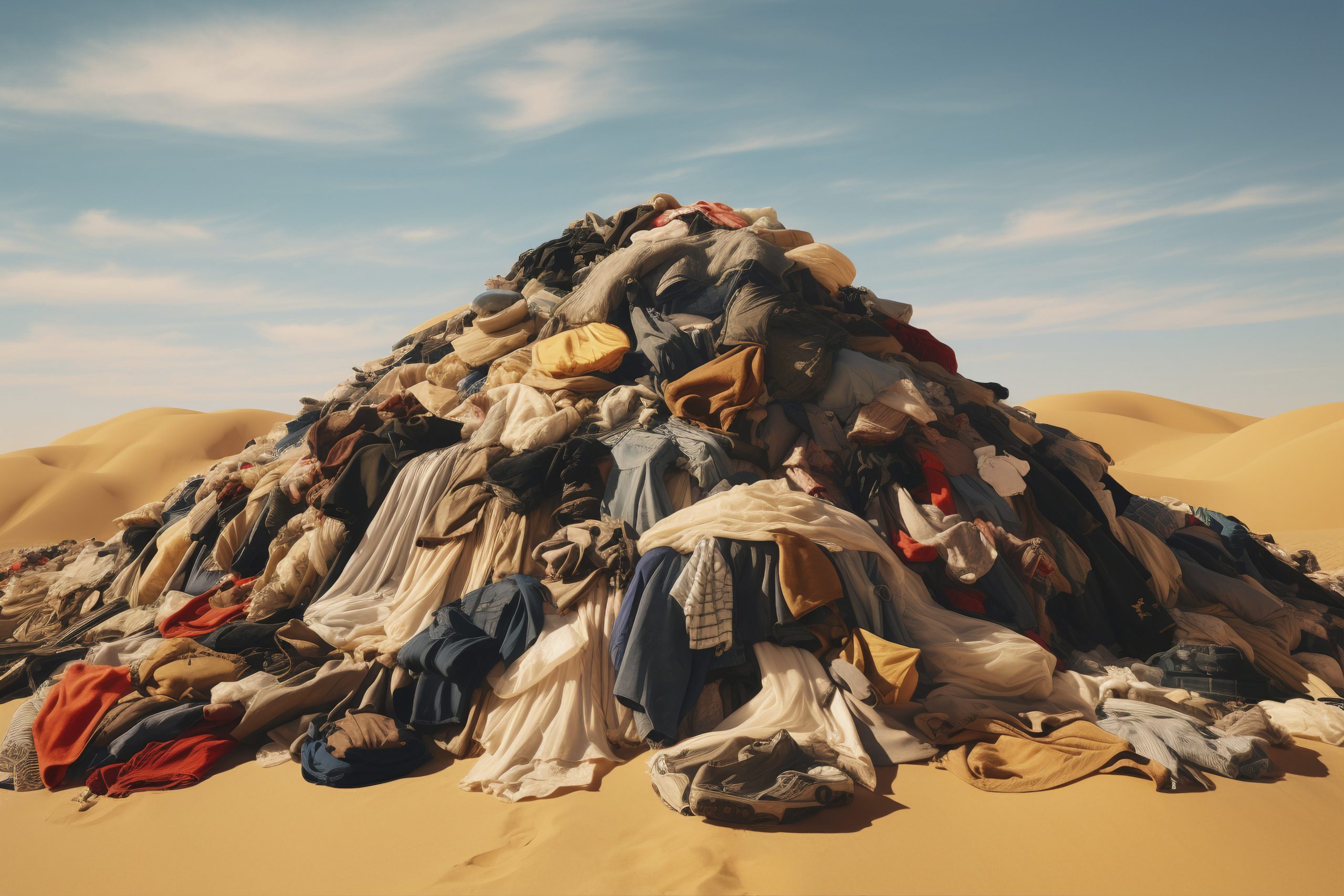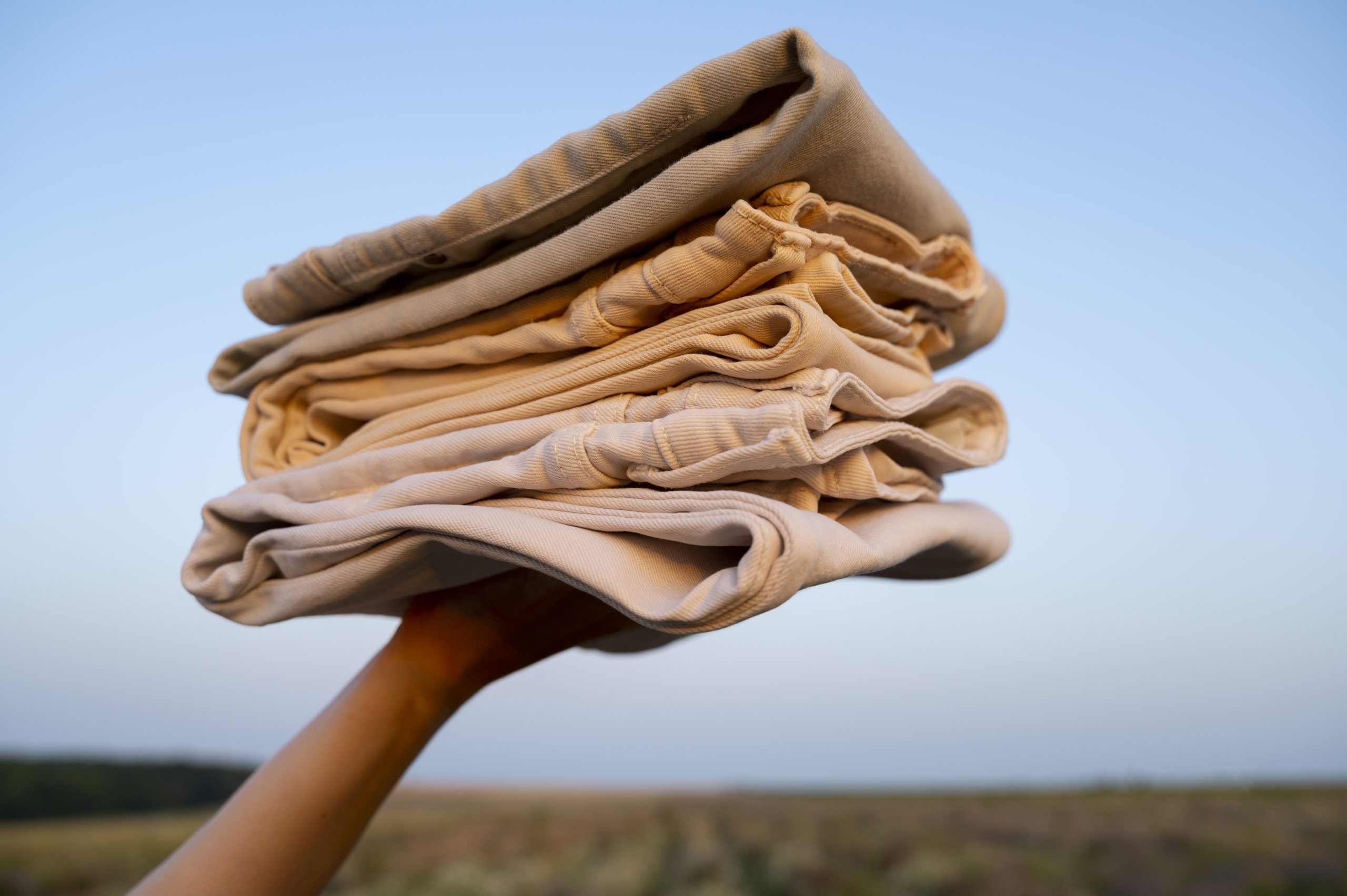November is filled with campaigns to catch the eye, and the urge to seize opportunities often leads to purchasing more than we need, increasing waste and triggering the climate crisis threatening our world. Yet, the choice to turn to circular alternatives that benefit the planet rests in our hands.
Black Friday, which originated in the early 2000s in the United States as a tradition of squeezing missed opportunities into one day, has since 2005 become the busiest shopping day of the year, occurring on the third Friday of November. Similar campaigns reverberate across Türkiye throughout the month, embodying a frenzy of shopping and deals, often concealing unforeseen consequences.
Many people, gripped by the fear of missing out (FOMO), focus on shopping throughout the month, fearing to miss the discounts they consider an annual event. Research indicates that approximately 60% of Generation Y users tend to make purchases within 24 hours after experiencing FOMO.
The increased consumption rate during November, particularly driven by events like Black Friday, affects both the world and the economy disproportionately. Our desire to see more variety in stores during this period encourages brands to release collections rapidly, filling shop windows one after another. Yet, 80% of the clothes we buy on Black Friday or similar occasions end up in the trash without being worn, completing their lifecycle prematurely. Did you know that nearly 80% of the clothes in our closets are seldom worn in everyday life? However, billions of liters of water are used to produce clothes that end up idle and then discarded. It takes 2,700 liters of water to produce just one T-shirt. Moreover, the carbon emissions generated during both production and shipping processes have a significant impact. For instance, the carbon emissions from deliveries during Black Friday in the UK alone are equivalent to 435 flights between London and New York. While these deliveries result in 429,000 tons of carbon dioxide, a single tree can only offset 10 kg of carbon dioxide per year.
Considering all these effects, turning to sustainable alternatives that benefit the world is a crucial step towards creating a more livable future. Although the campaigns throughout November may seem like irresistible opportunities, sustainable and circular alternatives actually offer options to buy the clothes we need all year round with peace of mind. Nivogo breathes new life into fashion products that were purchased just for their discounts, hardly used, and deemed waste, reintegrating them into the circular economy. Thus, with its circular shopping alternative, Nivogo creates real opportunities for the world throughout the year without burdening the environment.
If you also want to breathe life into products and prevent thousands of clothing items, shoes, and bags from turning into waste in nature, you can contact us to become part of the Circular Transformation Movement.





